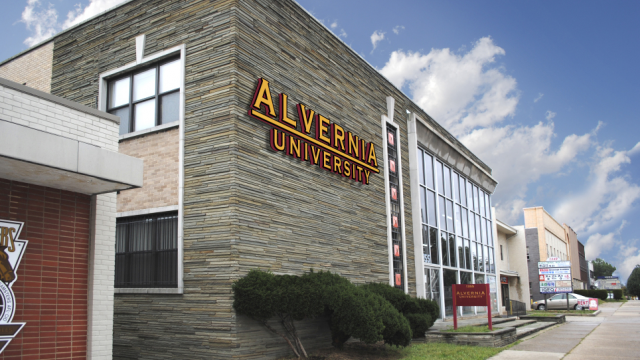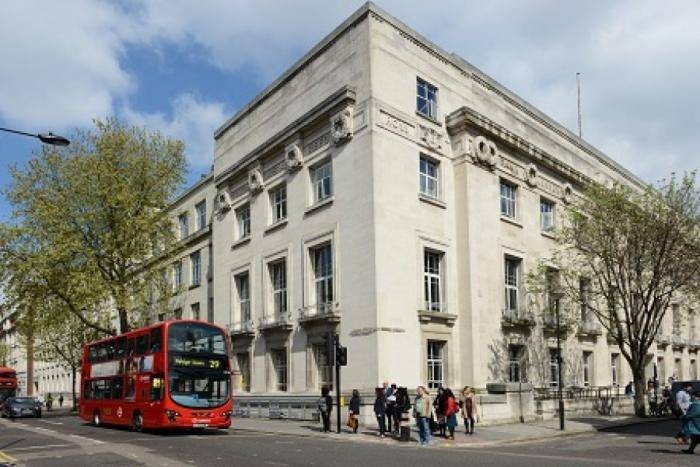
The Centre of Excellence in Science for Sustainability in Africa, CESSAF, has launched a PhD scholarship initiative in a range of scientific fields, with training to be offered in Angola and the United Kingdom.
The centre – a project of the Planet Earth Institute (PEI) and UNESCO, with partners including the government of Angola – will initially award scholarships to 10 PhD students from across Africa, with at least five coming from Angola.
The other five students will come from countries in Sub-Saharan Africa, including South Africa, Ghana, Mozambique, Ethiopia, Nigeria, Zambia and Namibia, from where calls for applications have been launched.
The CESSAF initiative hopes to train 100 PhD scientists, and the students will spend time in Agostinho Neto University in Luanda, Angola, and the UK’s Newcastle University, during the four-year learning period.
The project aims to produce highly skilled Angolan and African specialists who within five years could form a core of experts based permanently at the centre in Luanda.
“Given the scale and ambition of the project, for its formative years the months at Newcastle will be approximately half. However, all the field work toward the end of the degree will be done in Luanda, with Newcastle used as more of a research and teaching centre”, said Mauricio Fernandes, PEI chief executive.
As the training programme evolves, he said, students would spend most of their time in Angola and eventually the courses with be fully taught in the southern African country.
“The principal of the project is to inspire and train Africa, not to import or export knowledge,” Fernandes told University World News.
Courses will be in the areas of environment and society, sustainable agriculture, natural resources, and environmental pollution – fields that were selected following consultations with universities and taking Angola’s needs into account.
In future, Fernandes said, CESSAF partners intended to expand the number of students sponsored beyond the 100 targeted for the first 10 years.
He said CESSAF, with support from the Angolan government and financial assistance from Banco Espirito Santo Angola in Luanda, was investing large amounts of money in the scholarships and was encouraging the private sector to join the initiative.



